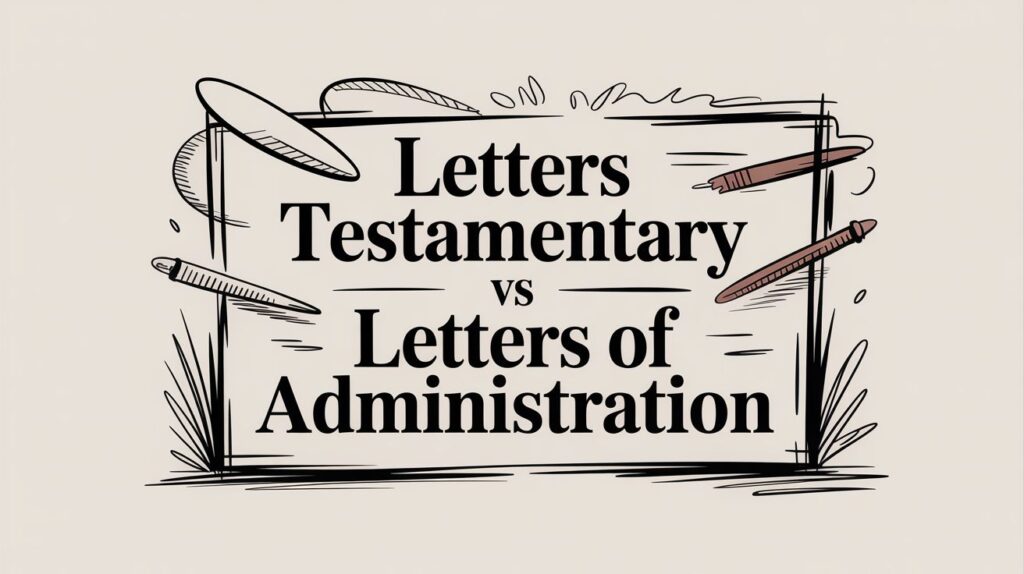Understanding the Role of an Executor
An executor is a person appointed to administer the estate of a deceased individual, ensuring that the deceased's wishes, as outlined in their will, are fulfilled. This role involves gathering assets, paying debts, and distributing the remaining property to beneficiaries.
For instance, in Texas, an executor must file the will with the probate court and may require Letters Testamentary to validate their authority. The executor is responsible for managing the estate's financial affairs and may need to handle complex tasks such as filing tax returns and dealing with creditors.
Exploring the Duties of an Administrator
An administrator serves a similar function to an executor but is appointed when there is no valid will or when the named executor is unable or unwilling to serve. The administrator is tasked with managing the estate and ensuring that the deceased's assets are distributed according to state law.
In Texas, an administrator must obtain Letters of Administration from the probate court to act on behalf of the estate. This includes responsibilities such as notifying heirs, paying debts, and ultimately distributing the estate's assets, which can often involve navigating complex legal requirements.
Key Differences Between Executors and Administrators
While both executors and administrators manage estates, their differences lie primarily in the presence of a will. Executors are appointed by the will, while administrators are appointed by the court when no will exists. This distinction can significantly impact the probate process.
Additionally, the powers and responsibilities of executors and administrators may vary based on the specific terms of the will or the requirements set forth by the court. Understanding these differences is crucial for families navigating the complexities of estate management in Texas.
Legal Documents Required for Estate Management
Effective estate management in Texas requires specific legal documents, including the will, Letters Testamentary, or Letters of Administration. These documents are essential for legitimizing the authority of the executor or administrator and facilitating the probate process.
For example, Letters Testamentary grant executors the legal power to act on behalf of the estate, while Letters of Administration serve a similar purpose for administrators. Proper documentation ensures that the estate is handled according to the deceased's wishes and in compliance with Texas probate laws.

